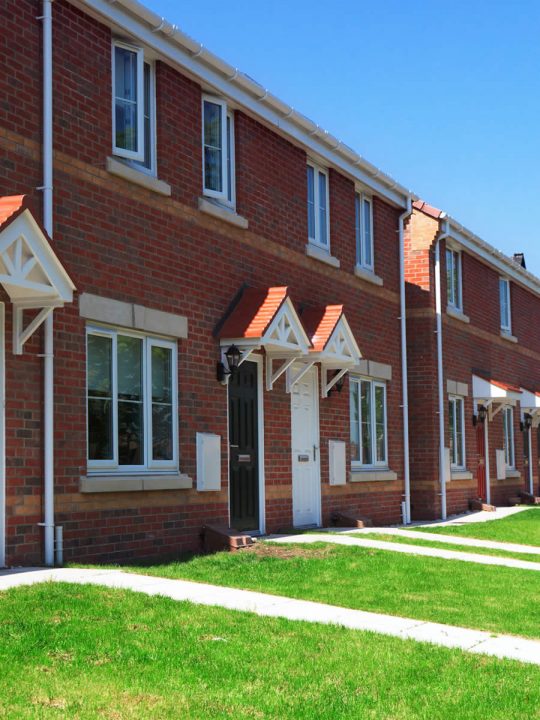
Are you eager to enter the exciting world of property development? This article provides some of the information you need to take the first step on this path. Or, if you’re keen to become an expert as quickly as possible then you may want to consider one of the UKDLP Property Development courses. With two available, you can get all the knowledge you need in no time and make sure you don’t slip on any of the banana skins. For now though, let’s look at a few of the key details.
Buying A Fixer Upper Or A Brand New Home?
There are a few ways to venture forward with property development. You can invest in brand new property or you can purchase an older property that has seen better days. There are benefits and issues with both options.
For instance, if you buy a new property it will likely be more expensive. However, assuming you choose a quality build you can avoid some of the nightmares that could be lurking in older homes. A property built before 1980 could have asbestos in the walls which will need to be removed.
The general rule of buying an older property is simple. Make sure that the cost of renovating the home is not going to be more than any profit that you could see. This is all about budgeting and determining what work you can complete yourself, what you’ll need experts for and the ROI you can expect. Ideally, you should be looking for a property that has aesthetic issues such as an overgrown garden rather than something like shot pipes.
Paying For Your Property Investment
Should you buy your property outright or is it better to get a loan? Buying a property outright is advisable if you have the capital. If you don’t you may want to consider a joint investment where friends and family members chip in. Some developers will use savings, take a second mortgage on their home or use a retirement fund to get the capital they need.
If you are taking the loan route, then it’s important to shop around the market. Just like any property purchase, it’s necessary to show that you have a great record and a solid credit score. If you don’t, you need to fix this before you make your investment.
A broker with access to the whole finance market will look at all the factors pertaining to your project in order to find the most appropriate solution. For example:

Property Development & Refurbishment Loans
First Time Property Developers
Disclaimer: UKDLP are not associated with IDM Commercial Finance and are not recommending their services or otherwise. This is just an example. Please do your own due diligence when seeking financial advice.
Finding The Right Location
Once you have decided on the type of property that you want, you must consider the location. Where the property is situated will play a key part in determining the value and lots of different factors come into play here.
For instance, if you are investing in a new development, consider transport links and infrastructure. Great transport options and easy commutes make a property more attractive to buyers. Alternatively, for older homes consider crime rates and whether a location is being supported by the local government. If there are plans for investments to renovate a location, it could be a great choice for property development.
The Property Development Level 3 course will teach you all about choosing the right location as well as other variables you should consider.
Should You Buy To Sell, Or Buy To Let?
These are the two main choices you have as a property developer. If you buy to let, you will be providing a long term additional income. You can see a solid and fairly constant ROI each month. You do however, need to be prepared for the cost of an empty home. As such, it is advisable to invest in the services of a manager to make sure this happens rarely. Of course, for those investing in student accommodation this is an inevitability and must be considered when planning your budget and spending. You will also need to be prepared for all the responsibilities of a landlord. The UKDLP Advanced Property Development Level 4 course covers all these responsibilities including how to keep tenants safe.
Selling the property provides a fast profit but only if you sell at the right time. It’s a riskier venture as it’s possible that the value of the property never rises at all and may even drop. If that’s the case you could sell at a loss, break even or only receive a small profit. One way to avoid this would be to wait for the market to rebound, but there’s no guarantee this will happen before you start bleeding money on your investment. That said, if you can flip properties, this is a great choice. Flipping a property involves buying a fixer-upper, making the right improvements on a tight budget and selling for far more than your original purchase.
We hope this article has provided all the information you need about earning money as a property developer. It could be a great goldmine if you make the right decisions but if you want the best chance at a solid ROI, a UDLP property development course will always be the right first step.







